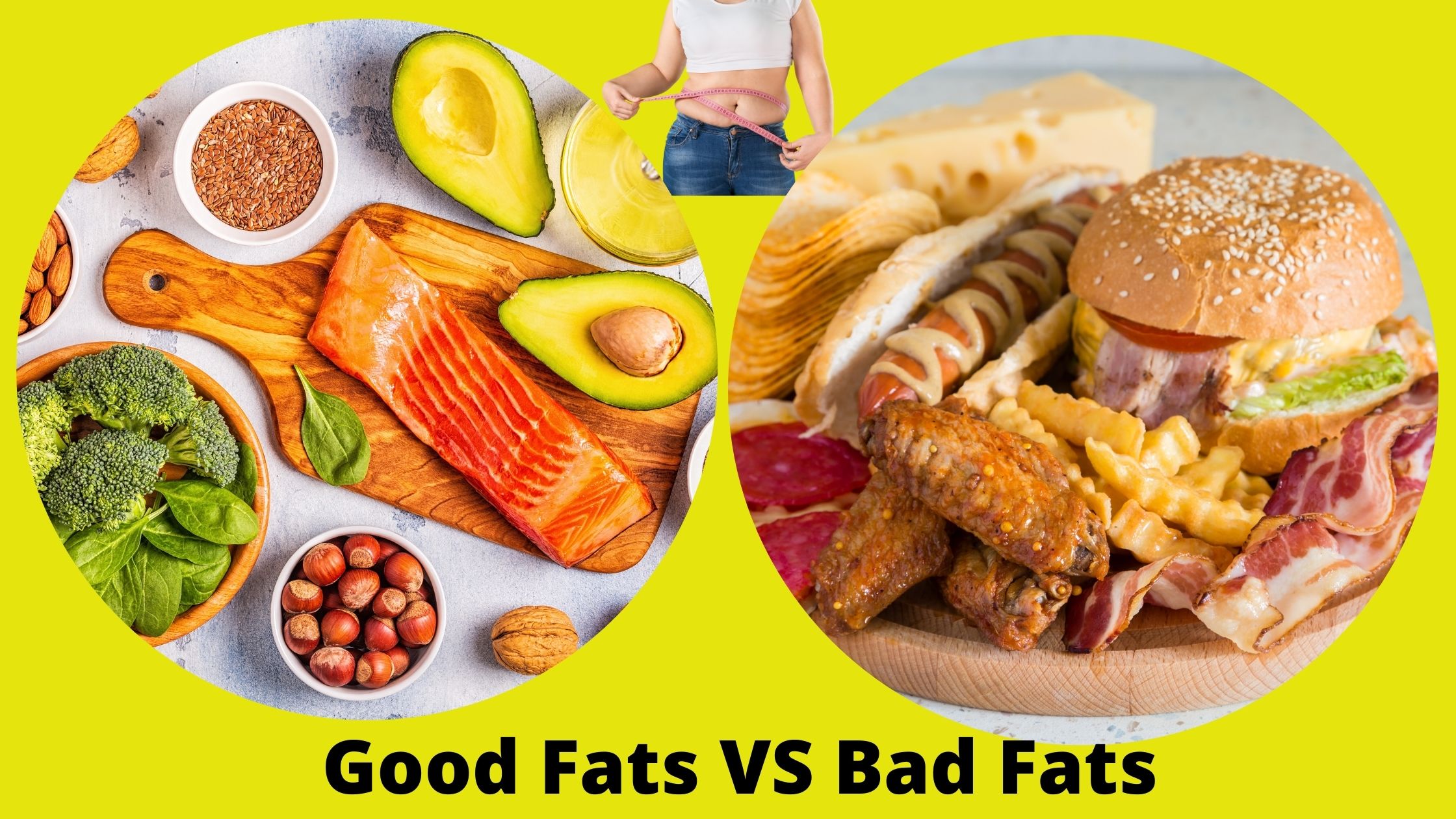We’ve been telling people for decades that they should eat less fat to avoid obesity, lower cholesterol, lower blood pressure, and improve their health in general. It turns out that cutting down on fat isn’t the best way to stay healthy after all. Instead, it teaches us about the different kinds of fat we eat and how to make sure we eat the good fats and not the bad ones.
Most people’s diets today are very out of whack because there are so many cheap, easy-to-make veggie oils on the market. Even though these oils don’t have any cholesterol, they have a lot of omega-6 fatty acids. Studies have shown that having too much omega-6 fatty acids compared to omega-3 fatty acids can cause inflammation in the body. This prolonged inflammation is at the root of almost all human tendencies, such as heart disease, stroke, and even cancer.
The ratio of omega-6 fats to omega-3 fats in the normal Western diet is 15:1, but science shows that the most we should eat is a 2:1 ratio. Experts say that these two important nutrients were found in equal amounts in the diets of early people. We need to watch how much fat we eat if we want to reduce chronic inflammation and the chance of getting sick.
Types of Good Fats and their Effects on Inflammation:
When it comes to getting the fat our bodies need to stay alive, unsaturated fats are the good guys. Polyunsaturated fats and monounsaturated fats are the two kinds of unsaturated fats. People used to think that these two kinds of fat were the same when it came to health, but new study shows that we should pay more attention to monounsaturated fat.
Polyunsaturated fats are found in most food oils. They help lower bad cholesterol and have omega-3 fatty acids, which fight inflammation and have many other health benefits. Recent study, on the other hand, has shown that these fats also have a lot of omega-6 fatty acids. Even though the omega-6 group is just as important as the omega-3 group, when you eat more omega-6s than omega-3s, your body goes into a pro-inflammatory state. In other words, this makes the long-term inflammation worse, which hurts cells and tissues.
On the other hand, monounsaturated fats have a better mix of two important fatty acids and are full of vitamin E, which is a powerful antioxidant. Olive, canola, soy, avocado, and peanut oils all have this fat. Switching from regular veggie oils to these oils that are good for the heart can cut inflammation in the body by a lot.
Types of Bad Fats and How They Cause Inflammation:
The real bad guys in the fat world are saturated and trans fats. They raise cholesterol levels, clog vessels, and make heart disease and stroke more likely in general. Recent research has also shown that these bad fats make you more likely to get prostate and colon cancer.
There are only small amounts of trans fats in dairy and meat. If that’s all we have to go on, we shouldn’t worry too much. A big part of most modern foods, unfortunately, comes from things that are made in a lab. When liquid vegetable oils harden and turn into what are called partly hydrogenated fats, this makes artificial trans fats.
The main problem is that partially hydrogenated fats are hidden in many highly processed foods today, so people are eating a lot more of these bad fats than they know. As was said in the last part, these fats throw off the balance of the fatty acid group in a big way. Omega-6 to omega-3 levels as high as 40:1 were found in people whose main source of food was processed foods.
To control inflammation and reduce the risk of major health problems, it’s important to know the difference between omega fatty acids and to eat a healthy, balanced diet in a way that doesn’t cause high levels of inflammation from too much bad fat.
Conclusion
Fat reduction has been a health priority for years. However, distinguishing good from toxic fats is crucial. Cheap vegetable oils have caused a nutritional imbalance with excessive omega-6 fatty acids, which can induce chronic inflammation and raise the risk of heart disease, strokes, and cancer.
Choosing the right fats can lower chronic inflammation and illness risk. Monounsaturated fats balance omega-6 and omega-3 fatty acids. Olive, canola, sesame, avocado, and peanut oils include these lipids. Saturated and trans fats raise cholesterol and cause heart disease and stroke.
Controlling inflammation and preventing significant health issues requires understanding the differences between fats and eating a balanced diet that limits harmful fats.
FAQs
1. What foods have beneficial fats?
A: Olive, canola, sesame, avocado, and peanut oils include monounsaturated fats. Anti-inflammatory and heart-healthy lipids.
2. How can I lower inflammation and unhealthy fat risks?
Healthy fats and avoiding processed foods with artificial trans fats lower inflammation and health concerns. Increasing monounsaturated fats and omega-3 fatty acids and lowering saturated and trans fats can improve balance and health.
3. What is the appropriate omega-6 to omega-3 ratio in the diet?
A: Research supports a 2:1 omega-6 to omega-3 ratio in the diet. However, the usual western diet has a far greater ratio of 15:1, causing inflammation. Optimal health requires balancing these fatty acids.
4. Can reducing the amount of fat you eat improve your general health?
While limiting fat intake has been recommended for health, it’s crucial to distinguish between good and harmful fats. Consuming monounsaturated fats and avoiding saturated fats and trans fatty acids can improve health and inflammation more.
5. What are the negative effects of bad fats?
Saturated and trans fats elevate cholesterol, clog arteries, and increase the risk of heart disease and stroke. Avoid artificial trans fats, which cause fatty acid imbalances in processed meals.
